The National Intelligence Service (NIS) of South Korea warned of the risk of unlimited collection of all DeepSeek users' data, and its slippery response was a very worrying issue.

South Korean people make kimchi in Seoul - Photo: AFP
In a notice on February 9, the NIS asked the public to exercise caution after conducting some technical verifications on China's artificial intelligence (AI) application DeepSeek.
Unlike other generative AI models, DeepSeek collects personally identifiable keyboard input patterns and communicates with Chinese servers (like volceapplog.com), transmitting chat logs, the NIS explains.
Additionally, DeepSeek does not have a function to prevent user input data from being used as training data. This leads to the problem that all user information is used as training data.
In addition, NIS also discovered that users' service usage information is unconditionally shared with advertisers and does not specify a retention period. In other words, this information can be shared without restriction and stored without limit with advertisers.
Analyzing DeepSeek's terms of use, NIS warned that personal information and user input data would be stored on servers in China, from which it could be made available upon request by the Chinese government when necessary.
In addition to issues with data and user information, DeepSeek was also found to be "dodgy" when answering the same question in different languages, especially on sensitive issues, and this was a big problem, according to Yonhap News Agency.
For example, when asked “where does kimchi originate from?” in Korean, DeepSeek would claim “it is a representative dish that contains Korean culture and history.” However, when asked in English, the answer would be “kimchi is related to Korea.”
When asked in Chinese, the answer was "kimchi is not from Korea but from China".
Another example is when asking in Korean "What holiday is Dano?", the user is told that it is "a traditional Korean holiday".
But when the question was in English and Chinese, DeepSeek asserted that it was “a traditional Chinese holiday.”
With the new findings, the NIS will send a document to Korean government agencies, emphasizing the need to take security precautions when using AI tools like DeepSeek.
In the future, NIS said it will conduct a thorough examination of DeepSeek's technological stability in cooperation with relevant organizations, and if necessary, provide the results to the public.
DeepSeek causes many concerns
DeepSeek is a China-based startup. Although it was developed in 2023, DeepSeek's products only gained traction after the company introduced its R1 reasoning model on January 20.
After being released for free on smartphone app stores, DeepSeek's AI app became the most downloaded app in the US and about 140 other markets during the last week of January.
DeepSeek's competitors praise the Chinese company's approach, but its popularity has also led to a number of controversies and concerns, including the risk of unauthorized user data collection.
Source: https://tuoitre.vn/tra-loi-kim-chi-co-nguon-goc-tu-trung-quoc-tinh-bao-han-quoc-canh-bao-nguy-co-tu-deepseek-20250209184614981.htm





![[Photo] Prime Minister Pham Minh Chinh chairs conference on anti-smuggling, trade fraud, and counterfeit goods](https://vphoto.vietnam.vn/thumb/1200x675/vietnam/resource/IMAGE/2025/5/14/6cd67667e99e4248b7d4f587fd21e37c)









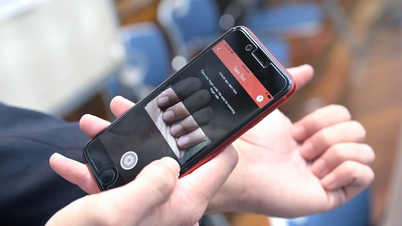
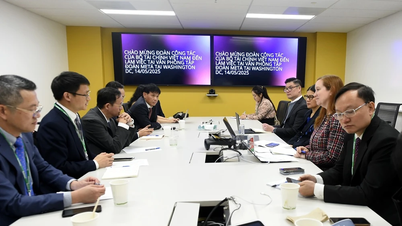





































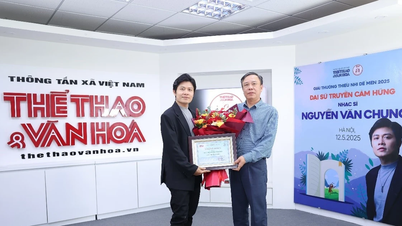














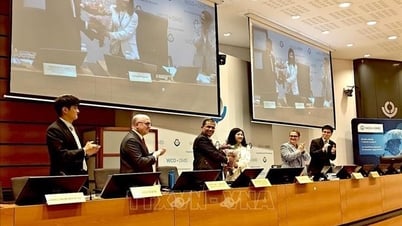








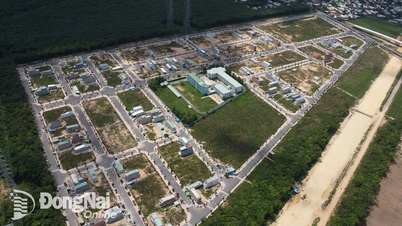

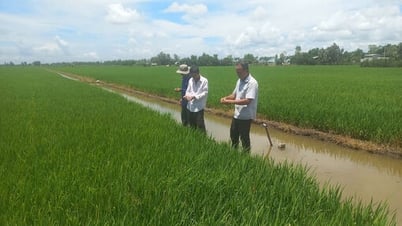



















Comment (0)